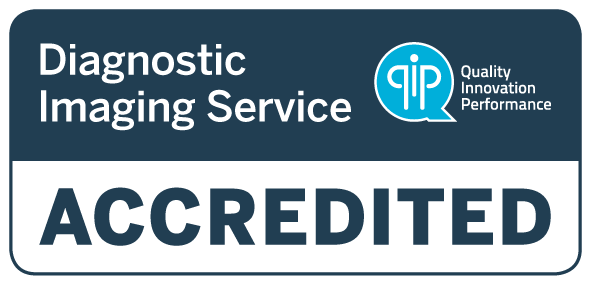An Electrocardiogram (ECG) is a diagnostic device used to record the electrical activity of the heart.
Doctors will recommend an ECG to:
- See if you are having or have had a heart attack
- Look for other heart conditions which may not have shown any symptoms
- To investigate for possible causes of chest pain, difficulty breathing or dizziness
- Assess your heart rhythm
- Diagnose poor blood flow to the heart muscle (ischemia)
- Check how healthy your heart is before surgery
What to expect during an ECG test
- During a resting ECG, a technician will attach 10 electrodes with adhesive pads to the skin of your chest, arms and legs. Men may have chest hair shaved to allow a better connection. You will lie flat while the computer creates a picture, on graph paper, of the electrical impulses traveling through your heart.
- It takes about 10 minutes to attach the electrodes and complete the test, but the actual recording takes only a few seconds.
- Having an ECG will not hurt.




